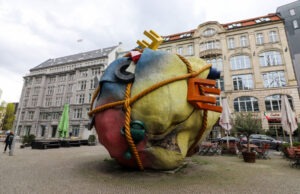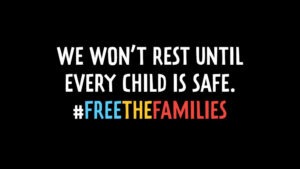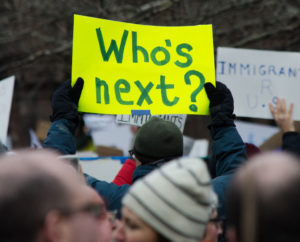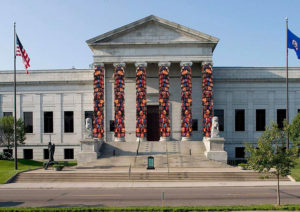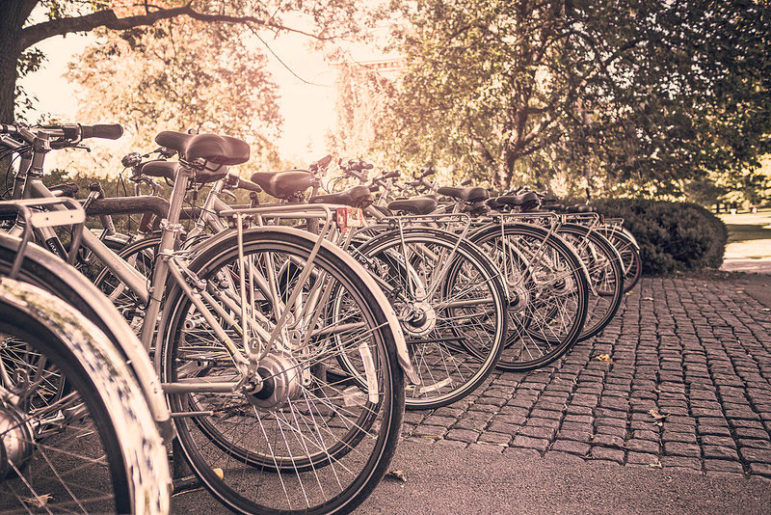
November 27, 2016; Houston Chronicle
Refugees arrive in the United States without many of the things most people use in everyday life; they have no kitchen supplies, no bedding, no schoolbooks for children, and no car to get around.
Like all immigrants to the U.S., to drive themselves around, refugees are obliged to apply through the Department of Motor Vehicles and pass a road test. Once refugees pass the test, since they are unlikely to find high-paying jobs shortly after arriving, it can be difficult to afford a car right away. The government gives each refugee a stipend of $1,000 per month for three months but obliges him or her to repay the cost of their plane ticket to the U.S. once they begin working, so high-priced items like cars can remain out of reach for months.
The flood of refugees from Syria and Afghanistan into Europe over the last two years has brought international attention to the plight of refugees, but this attention has not resulted in a solution. Chris Boian, public information officer for the United Nations High Commission on Refugees, has said that less than one percent of forcibly displaced refugees will ever be resettled. Until then, they wait in refugee camps or at border crossings. Many refugees flee conflicts that are now household names, like the advance of ISIS in the Middle East and the civil war in Syria, but others come from what Boian calls “the forgotten crises in the world today.” These include the plight of the Rohingya in Myanmar, the twenty-years of war in the Democratic Republic of the Congo, the war between Sudan and South Sudan, and others.
The United States has a strict evaluation process for resettling refugees; President Obama has committed to resettling 10,000 Syrians in fiscal 2016. (By contrast, Germany admitted one million people in 2015.) So far, the greatest concentrations of these refugees are in southern California, eastern Michigan, and cities on the eastern seaboard like Baltimore, New York, and Philadelphia. Some of these places have public transit systems, and some do not. Refugees often wind up walking to work.
Sign up for our free newsletters
Subscribe to NPQ's newsletters to have our top stories delivered directly to your inbox.
By signing up, you agree to our privacy policy and terms of use, and to receive messages from NPQ and our partners.
Bill Mintz did not find this acceptable.
After learning from a friend at the Houston Refugee Consortium that refugees often have trouble getting to their jobs, Mintz began asking for bikes to be donated, and dropping them off to refugees. The project grew quickly, and he now hopes to donate 20 bikes per month.
Mintz says he is motivated in part by his faith to work with refugees. (After all, he says, Christ was a refugee.) He partners with local bike shops and Rice University as well as several different faith communities in the Houston area. He said he anticipated some pushback from conservative community members, given the occasional animosity toward immigrants that is felt near the Mexican border, but he usually encountered an eagerness to help.
Mintz’s organization helps refugees become independent; it helps them get to work and to school, to run errands, and to generally live the kind of self-sufficient life many of them left behind and hope to achieve again.
The global refugee crisis that can seem paralyzing, especially when we think about the complicated conflicts that cause people to flee their homelands, or the shifting community compositions that must be managed. But in the face of an overwhelming problem, fixing simple things can make a tremendous difference in the life of a person who’s faced unimaginable hardship. Solving a basic problem like independent transportation can mean the difference between getting home in time for dinner with your family, and spending three hours on a bus. It’s one of the many basic elements of normal life that refugees can no longer take for granted, and Mintz’s organization helps make it possible.—Erin Rubin



